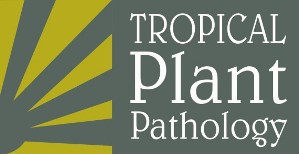The black oat (Avena strigosa), the white oat (A. sativa) and the Algerian oat (A. byzantina) have been widely used as cover crops under succession with soybean, cotton, bean, potato and carrot, which are crops highly damaged by Meloidogyne incognita. The management of M. incognita may have as a component the use of oat genotypes that reduce the nematode population density. Three greenhouse experiments were carried out in order to evaluate the host suitability of five genotypes of black oat ('CPAO 0010', 'Common', 'Embrapa 29', 'Embrapa 140' and 'IPFA 99006'), one of white oat ('UFRGS 17') and one of Algerian oat ('São Carlos') to three isolates of M. incognita race 4 (BA, SP and MT). The black oats increased the population density of the nematode. The oats 'UFRGS 17' and 'São Carlos' reduced or caused a small increase in the population of M. incognita race 4, and neither differentiated from Crotalaria spectabilis. Therefore, the white oat 'UFRGS 17' and the Algerian oat 'São Carlos' should be used in preference to black oats as cover crops in areas infested with M. incognita race 4.
Avena byzantina; Avena sativa; Avena strigosa; management; root-knot nematode; no tillage


